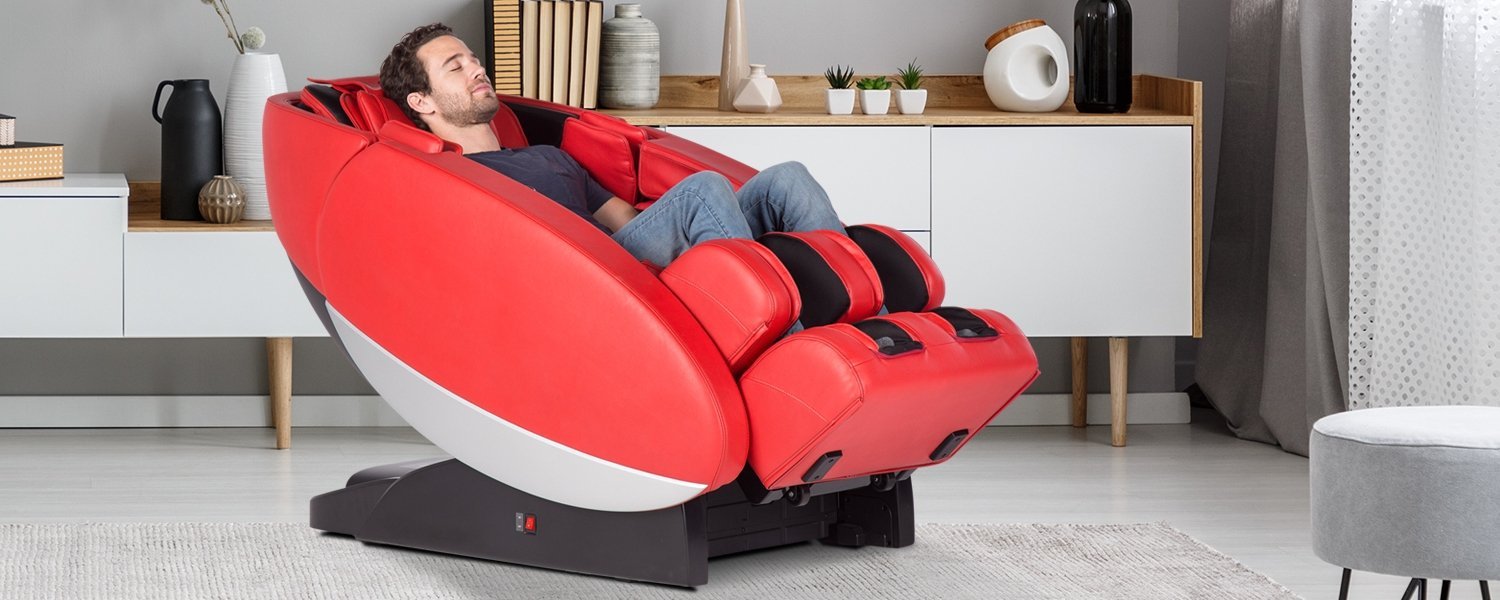Need More Than Eight Hours Of Sleep? Here’s How To Get The Right Amount
It’s a question that many people have grappled with. And the answer might just be the sleep cycle app, Sleep Cycle. This modern-day tech contains an AI engine that can track multiple factors affecting sleep quality, including light levels and noise to come up with the best possible “sleep setting” for any individual user.
What are the benefits of sleep?
Are you sleep-deprived?
How much sleep do you need?
Do we need more sleep than we’re getting?

If you’re like most people, you probably don’t get the recommended eight hours of sleep each night. In fact, many people are sleep-deprived and don’t get the quality or quantity of sleep they need. Here are some benefits of getting a good night’s sleep:
- You’ll feel more alert and energetic during the day.
- You’ll have better concentration and decision making skills.
- You’ll have better relationships with family and friends.
- You’ll have a healthier weight and body composition.
- You’ll have better mental health overall.
Types of sleep disorders and how to address them
If you’re like most people, you probably think you need at least eight hours of sleep each night to function at your best. However, there are now a number of types of sleep disorders that can cause you to feel tired even when you get the recommended amount of sleep. Here’s a list of the most common types of sleep disorders and how to address them:
obstructive sleep apnea (OSA) – This is the most common type of sleep disorder, affecting around 30 percent of adults. People with OSA often stop breathing during their sleep, resulting in fatigue and daytime drowsiness. To correct the problem, doctors typically recommend wearing a CPAP machine to breathe through your nose while you sleep. If you’re already taking medication for OSA, make sure to take it with bedtime snacks to prevent nighttime crashes.
narcolepsy – This condition causes people to fall asleep suddenly and can be accompanied by irresistible urges to nap or wake up suddenly. If left untreated, narcolepsy can lead to serious problems like poor job performance and accidents. To address narcolepsy, doctors may prescribe medications or surgery to reduce the number of sudden episodes.
restless leg syndrome (RLS ) – This affliction can cause creepy-crawly sensations in the legs or limbs for no apparent reason, usually at night when you’re trying to get some rest. RLS may be triggered by heat, caffeine or spicy foods, according to the University of Massachusetts Kids Sleep Site. Decreasing caffeine intake and enjoying a hot shower can often relieve symptoms.
If your problem from sleep doesn’t respond to traditional measures like pill popping or sleeping devices, talk to your doctor about other possible causes , such as health conditions and injuries, before resorting to surgery. If it’s still not dawn after you’ve given your legs a rest for years, going under the knife is one last alternative.
List the different factors that can affect a person’s amount of sleep
There are many different factors that can affect a person’s amount of sleep, and there is no one right answer for how much sleep everyone needs. Here are some factors to consider:
- Age: As people age, their bodies naturally require more sleep. Eight hours of sleep per night for a 20-year-old is likely different from eight hours of sleep per night for a 70-year-old.
- Gender: Women typically need more sleep than men do, typically getting around eight hours of sleep on average. This may be because women naturally have slightly higher levels of hormones that can impact their sleeping patterns.
- Race: Some races typically need more sleep than others. For example, Native Americans typically need more than the average amount of sleep (eight hours) and Asians typically need less (6-7 hours).
- Physical Activity: People who regularly engage in physical activity may need more or less sleep than those who don’t exercise. Those who are very active may need up to 10 hours of sleep per day, while those who are moderately active may need 7-8 hours of sleep per day.
How many hours is considered an adequate amount of sleep
According to the National Sleep Foundation report, adults need between 7-8 hours of sleep daily. If you find that you’re not getting the amount of sleep your body needs each night, here are some tips on how to get more:
Set a Bedtime
The first step is to set a bedtime and stick to it. This will help regulate your body’s natural sleep rhythm and help you get the most rest possible. Establish a regular time for bed and make sure that you allow enough time for winding down prior to sleep. disconnect from electronics screens an hour before bedtime as they emit light which can keep you awake; instead try reading or staring at a candle
Avoid caffeine in the evening
One common culprit of poor sleep is caffeine. Many people drink coffee or tea in the evening in an attempt to wind down before going to bed, but this often leads to erratic sleep patterns due to the stimulant effects of caffeine. If you can’t stop drinking caffeine altogether, try limiting yourself to moderate amounts before bedtime. Avoid eating large meals 2-3 hours before bedtime as this will also impact your sleep.
Install blackout curtains
If you struggle with light exposure in the evening, installing blackout curtains can provide an obvious measure to deal with. Any time your curtains are open, a light source from the outside is likely flooding into your bedroom and this will impact on your sleep cycle. Review any room where you spend the most time in case there are any unnecessary light sources and if this is the case, we recommend investing in blackout blinds as a solution for proper light control. Have essential oils diffusing throughout room Essential oils can be great way to enhance a space but one of the ways these herbs and oils can be beneficial is to see if you can use them in the daytime. With essential oils diffusing, the scents you wish to benefit from and feed your emotions can create peace and joy as well as relaxation and boost your overall mood. There are a number of recipes for DIY diffuser devices but if you aren‘t skilled with this technology then a natural starter package is an affordable way to get started on making your own oils. When it concerns lights, these are anything but expensive if they are of top quality and you will certainly find many on the market with a variety of features, such as remote control, movement as well as timer options. They can scent your home throughout the whole day to boost your comfort and aid make your place more relaxing.In more newer rooms there may be electrical sockets that you wish to cover so best option would be to purchase scented candle bulbs. These do not release poisonous fumes but simply a smell that makes certain everyone in the room feels relaxed and comfortable. Another good option are aromatherapy products because they release the oils which will produce a scent in your house or bedroom.
Sleep when you’re tired but don’t want to feel groggy
Need more than eight hours of sleep? Here’s how to get the right amount.
Sleep when you’re tired but don’t want to feel groggy.
Sleep more but stay up more efficiently
Are you always exhausted after a long day? Do you feel like you can never catch up on your sleep? If so, you’re not alone. Many people feel this way because they don’t get enough sleep. However, there are ways to get more sleep without feeling exhausted every time. Here are several tips for getting the right amount of sleep:
- Establish a regular sleep schedule. Scheduling your bedtime and waking up time helps you to stick to a bedtime routine and avoid going to bed late. This will also help you to get more restful sleep.
- Avoid using electronic devices in bed. gadgets screens emit light that can disturb your sleep. If possible, try to limit yourself to no electronics in bed before bedtime.
- Keep a cool room in the bedroom. A room that’s too warm will make it difficult for you to fall asleep and will also increase your body temperature later on in the night. Try to keep the bedroom cool at all times and avoid sleeping in an extremely hot climate or on an excessively cold pillow or mattress pad.
- Exercise regularly but avoid going overboard. Exercising too much can lead to short-term feelings of relaxation and
Tips for getting better sleep at work
If you’re like most people, you think you need at least eight hours of sleep to feel refreshed and energized the next day. In reality, you may be getting less than the recommended amount of sleep. Here are three ways to get the rest you need to feel your best:
Set a Sleep Schedule
Most experts agree that going to bed and waking up at the same time each day is the best way to get a good night’s sleep. This allows your body to become adjusted to a regular schedule and reduces the chances of getting distracted by outside factors during sleep. If you find it difficult to stick to a regular schedule, try setting an alarm for 20 minutes before your bedtime instead of an hour.
Stay Away From Blue Light Devices
A lot of us use electronic devices such as laptops and smartphones in bed. Studies show that blue light exposure late at night can interfere with your ability to fall asleep and stay asleep. To avoid having a negative effect on your sleep, keep all electronic devices out of reach before bedtime. You can also screen your devices in the evening for any blue light before putting them away for the night.
Walk It Off
Staying active throughout the day can helplimit how much sedentary
Read More about some Instresting and trending Topics for related to your Health
- The benefits of Aliv Seeds or Halim Seeds
- What Is A Keto Diet?
- Health Benefits of Jaggery
- What are Health Benefits of Yogurt Diet?
- Health Benefits of Chia Seeds
- What Is onion and Health Benefits of Onion Seed
- Boost Hair Growth with some easy task
- What Is Panchakarma, And Why Would My Health Want To Try It?


